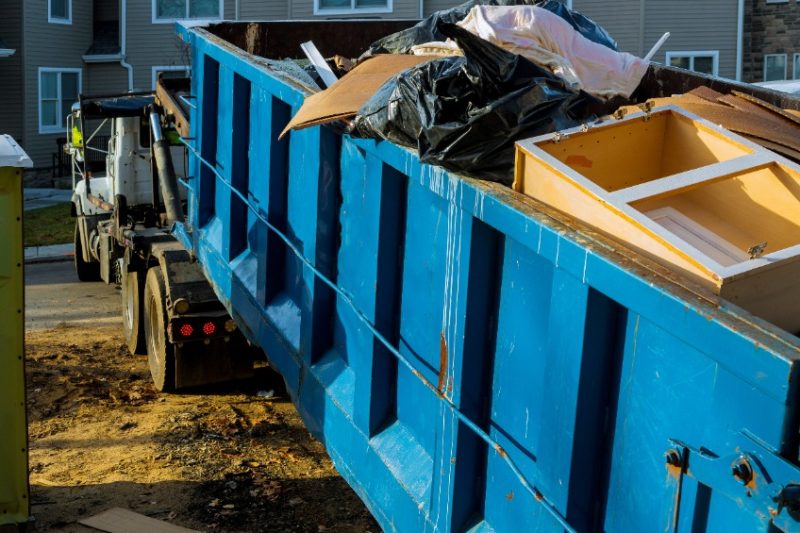Dumpster diving refers to the rescuing and salvaging from containers scourging for useful items that are perceived as valuable to the picker but which were readily discarded by the disposer. They could be huge industrial, residential, commercial, or construction dumpster rental containers with certain materials disposed of therein which could be deemed to be worth picking by people dumpster diving with the objective of redeeming clothing, furniture, food, and other related materials which are not necessarily in pristine condition but in a decent and good working condition.
This can be attributed to several reasons such as poverty and other varied reasons such as professionals who categorically and systemically dumpster dive with the view of making a profit. The question that often lingers is whether the same is legal or illegal and whether it is well provided for within the legal framework or simply outlawed. This article will therefore delve deep and shed some more light pertaining to whether dumpster diving same is legal or illegal.

Dumpsters aren’t for diving, they are for towing junk!
Dumpster diving has several legal implications. Its enforceability is done with different degrees of rigor. The legal status is varied in different countries and jurisdictions. Many countries do not have well-codified acts pertaining to the same and consequently, there is minimal enforcement in practice. In some places, dumpster diving can be perceived as theft but criminality can be often disregarded as police and other enforcement authorities in distinct places usually term the items being picked as ones of very low and minute value.
The prosecution and litigation emanating from dumpster diving is very scanty and there is a huge paucity of case law and legal authorities which can be cited as judicial precedents in this area.
Dumpster Diving Legality in the United States
The leading case in this area in the United States is the Supreme Court in 1988 California vs Greenwood where the court espoused its views and posited that common law does not anticipate privacy or expect the same with regard to discarded materials. The court however established a caveat by further postulating that there are limits when it comes by what can be taken from the waste or refuse in a company’s dumpster.
It is also wise to prudent to mention that when it comes to information derived from such dumpster diving, the court sitting in Minnesota in 1983 ruled and awarded damages totaling to $500,000 when it came to the theft of customers lists. The lists were derived and stolen from a garbage can and this culminated in the award of the aforementioned damages as the court tried to establish a judicial precedent. The court later set straight a cannon and principle with regard to isolating dumpster diving and picking dumpsters and garbage with the objective of obtaining confidential and critical information which could be employed to the owner’s detriment.
Dumpsters are often located in private premises. The implication herein is that divers can often get themselves in danger of trespassing with the view of dumpster diving. Conversely, many people, businesses and companies can resort to locking their dumpsters to mitigate the problem of people trespassing and vandalizing their property.
The other issue can be the need to protect the business and company from potential liability. This, therefore, necessitates locking the dumpster to shield the company from liability in case the invading dumpster diver could sustain injuries whilst trying to pick on their property.
Admissibility of Evidence
Evidence collected in this fashion from dumpster diving has normally been permitted in many criminal trials. Police can therefore conduct searches on such discarded waste devoid of the same being termed as a violation. This has been adopted and deemed admissible even in cases in the Supreme Court as illustrated in the aforementioned 1988 of California vs Greenwood. However, it is vital to elucidate on the same and state that such evidence seized through dumpster diving and related ways has been rarely admitted in civil litigation. This has therefore resulted in the rise and prominent increase in the number of private companies primarily geared towards conducting a hidden, concealed, and discreet investigation in a bid to obtain and seize evidence, which can be admissible in both civil and criminal trials.
From the foregoing and more so from the authority mentioned here in arising from the Supreme Court, dumpster diving and the salvaging of the materials contained therein is legal. Despite this, ample caution should be exercised when retrieving such refuse as there are limits when it comes to what can be taken from the such company or business dumpsters before such dumpster diving turns to constitute illegality.

